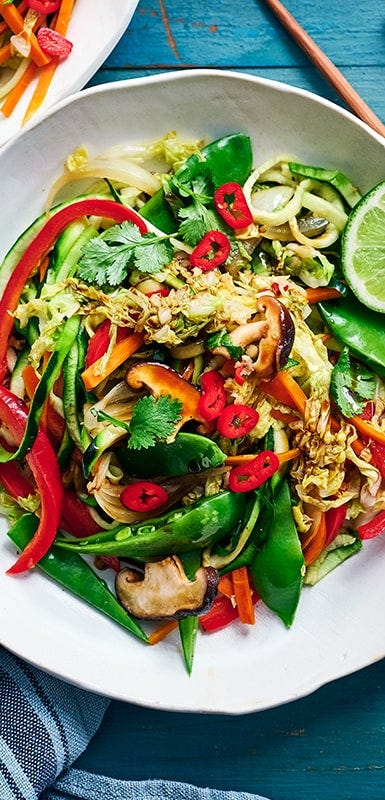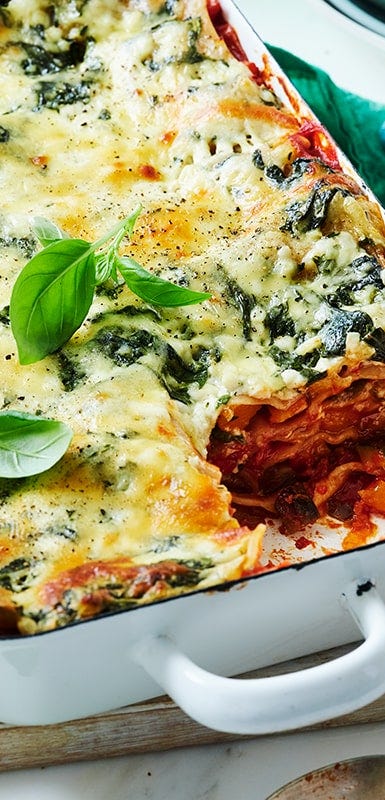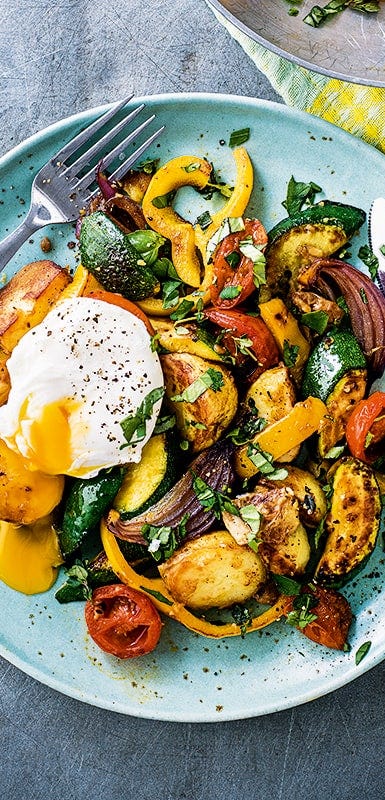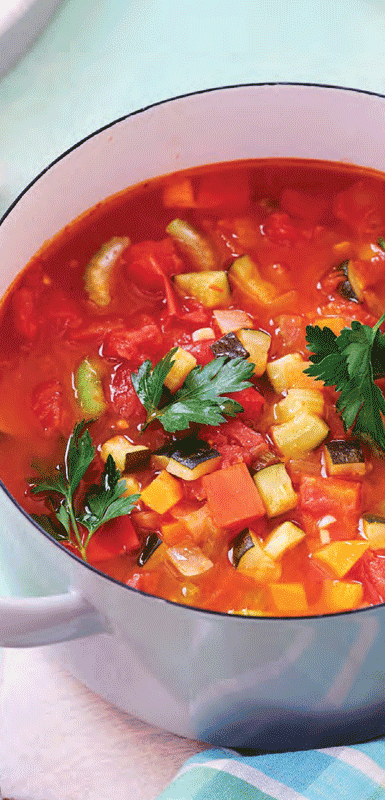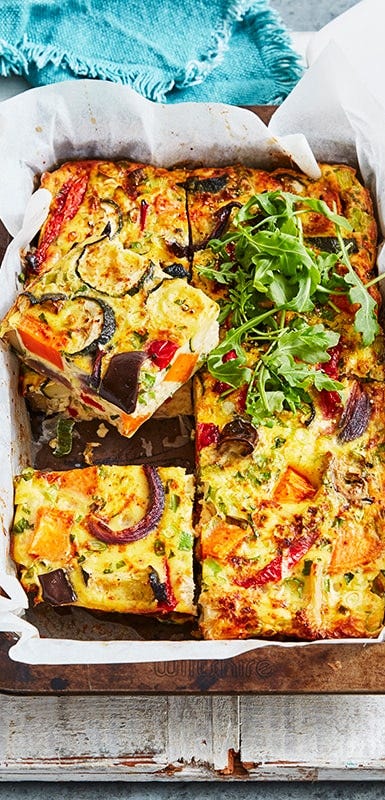ZeroPoint cheat sheet: Non-starchy vegetables
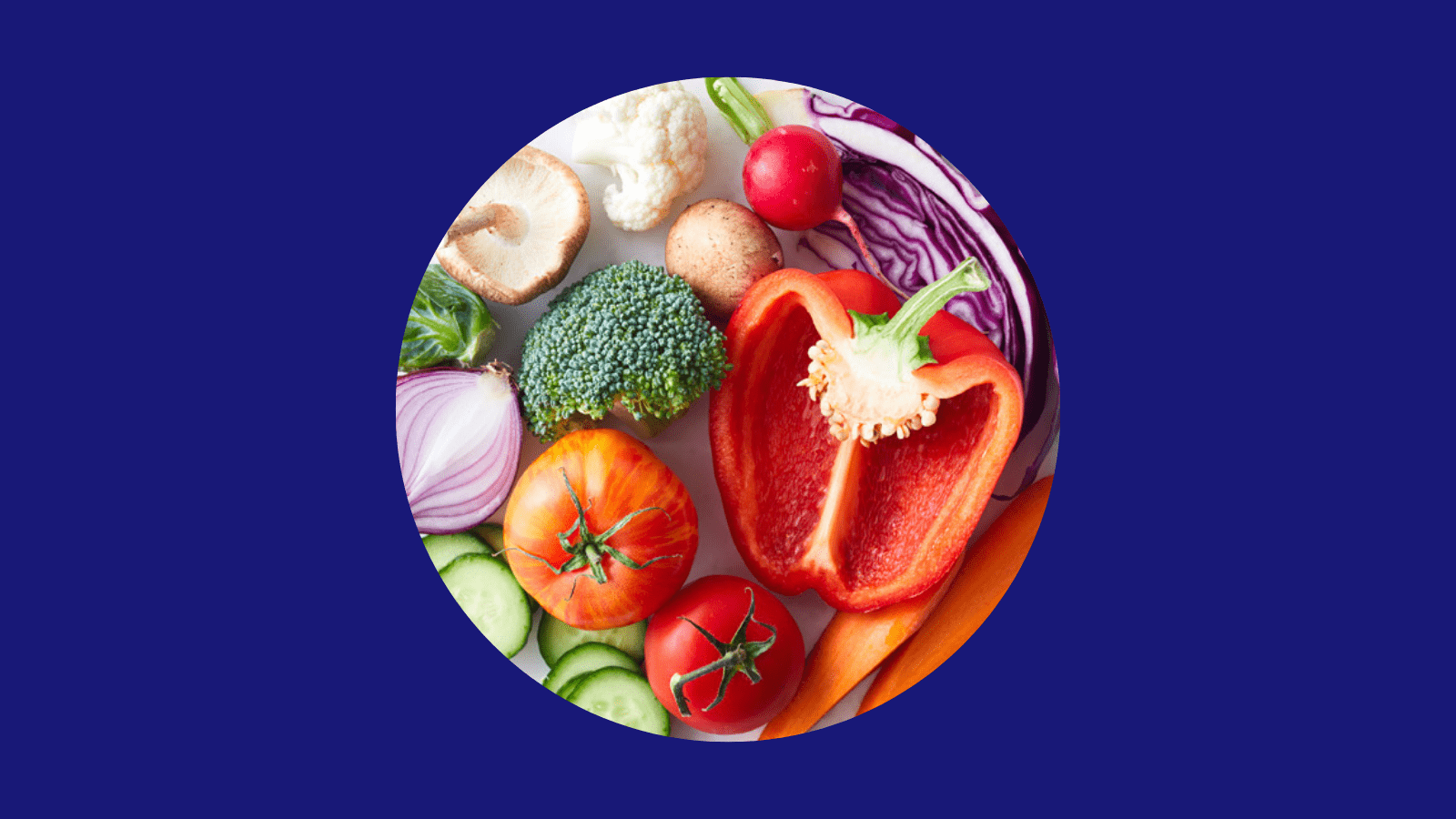

ZeroPoint foods are nutritional powerhouses that you can reach for frequently and consistently, without weighing, measuring, or tracking them. They were specifically chosen because they are nutrient-, vitamin-, and mineral-packed. Because of that, they’re recommended by national and international guidelines (including the World Health Organization) to be consumed often as part of a healthy pattern of eating.
Every WeightWatchers® member gets a list of ZeroPoint foods including: non-starchy veggies, fruit, eggs, yoghurt & cottage cheese, fish & shellfish, chicken & turkey breast, tofu & tempeh, corn & popcorn, beans, peas, & lentils and MORE.
As nutrient-dense foods, non-starchy veggies are packed with vitamins and minerals, like the heart-healthy power duo of potassium and fibre, or skin-health-supporting vitamin A, or even dentist-favourite vitamin C, which contributes to healthy teeth and gums. Studies have found that these vitamins and minerals are often under consumed so in our weight loss program, we reward them in the interest of creating the healthy habit of reaching for them regularly. Non-starchy veggies are also typically high in water, low in fat, and a good source of fibre. This makes them both low in calories and filling, which can be helpful in managing weight.
While “zero” usually means “nothing,” at WeightWatchers, ZeroPoint foods are everything! If you’ve got some questions about non-starchy veggies, you’re in the right place.
Which foods are and aren’t included in the non-starchy veggies ZeroPoint food group?
Non-starchy veggies are vegetables that are low in carbs and have a high water content—think leafy greens, tomatoes, and crisp vegetables like capsicum and cauliflower. The non-starchy veggie list includes fresh, frozen, and canned varieties. The full list is robust but common favourites include broccoli, Brussels sprouts, butternut pumpkin, carrots, cauliflower, pumpkin, spinach and more.
If your non-starchy vegetables (whether fresh, frozen, canned, or pickled) contain other ingredients, like sugar or oil, then they will have a Points value. Vegetables that have been ground to make flour, and dried vegetables that are not rehydrated, aren’t on the ZeroPoint list either.
|
|
|
Do the veggies have to be fresh and/or raw?
Nope. They can be cooked or raw, fresh or frozen, or even canned (as long as there’s no added oil or sugar).
What’s the difference between starchy and non-starchy veggies?
Starchy vegetables are generally higher in carbohydrates and calories than non-starchy veggies, which provides energy and fuel to your entire body. All veggies, regardless of starch levels, are rich in fibre and minerals—and both are important for a healthy pattern of eating.
We’ve chosen to focus on non-starchy veggies for the shared ZeroPoint food list because they add volume and fibre to meals and snacks without adding many calories, which can help on your weight loss journey.
Are frozen and canned fruits and veggies as healthy as they are when they’re fresh?
Yes! Frozen and canned fruits and veggies retain the same nutritional value as they had when they were fresh. Plus, they last longer, and are often a bit lower in cost. Just remember, if your non-starchy vegetables (whether fresh, frozen, or canned) contain other ingredients, like sugar or oil, then they will have a Points value.
*Members living with diabetes will have non-starchy veggies, eggs, fish & shellfish, chicken & turkey breast, tofu & tempeh, and beans, peas, & lentils on their ZeroPoint food list. These categories were carefully selected to consider the combination of carbohydrates, proteins, and fibre, and are less likely to impact blood sugar levels. (More information on the diabetes program)

